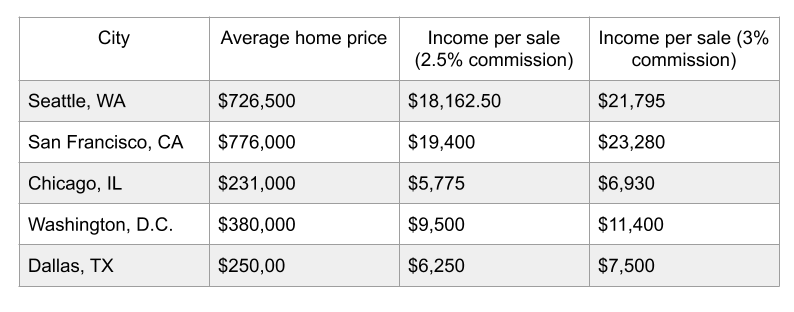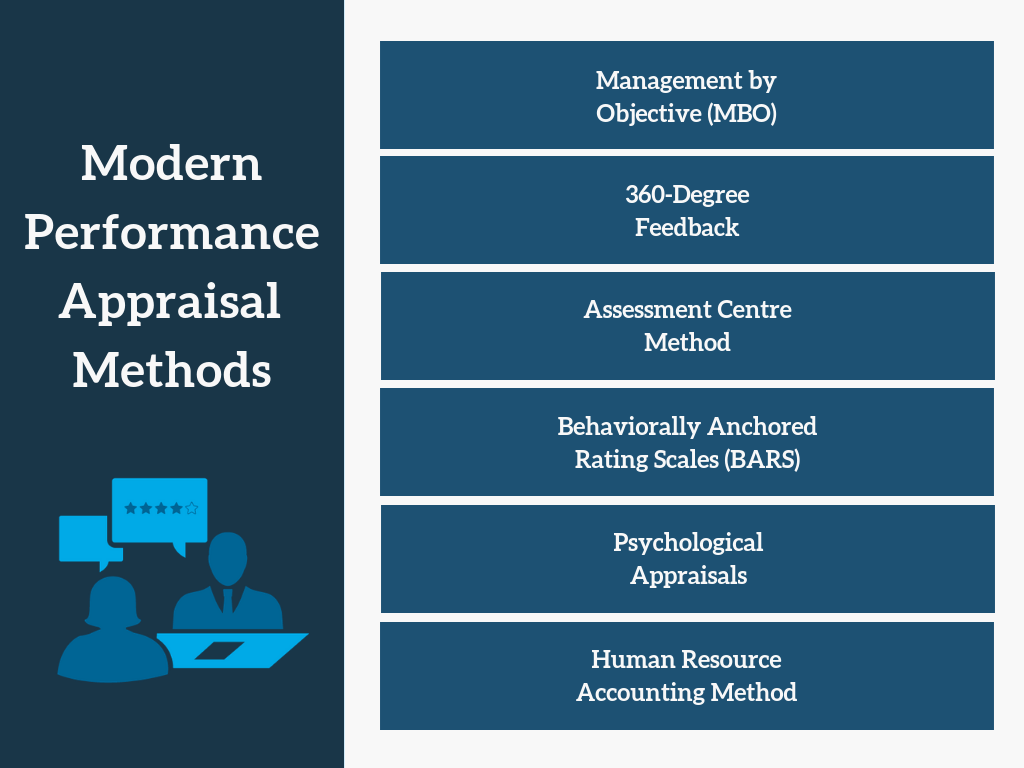
Pros and cons of real estate
When it comes to deciding whether or not to become a real estate agent, it's important to weigh the pros and cons. This is a major career decision that can have lasting effects on your life.
Let's begin by discussing the pros and cons to being a real-estate agent. This is a great career choice if you are a good communicator and enjoy working with people. This job allows you to meet people of all backgrounds and can teach you new things every day.
As a realty agent, you can also make a lot. Agents typically charge a percentage of the sale price. This is a great way to earn a decent income, especially if your properties sell quickly and for a high price.
Being a professional real estate agent offers many benefits. This can be a huge benefit for those who need flexibility in their schedules or are looking to earn more money.

It is important to be careful when you make the decision to become a real-estate agent. You will need to put in the effort, work hard and persevere. This applies to any industry, but it is particularly true in real estate.
Being a real-estate agent has many advantages. It is easy to see why so much people want to be in this business. This is the ideal job for someone who enjoys customer service, networking, marketing, and social media.
One of the best things about being a realtor is that you can travel to many different locations to view all types of properties. This can allow you to improve your market knowledge and make your clients happy.
Finally, it's also a good idea to be a real estate agent if you want to build your own portfolio. This will allow you to own multiple homes or commercial buildings, and it can help you boost your financial future.
While owning and buying investment properties is a significant commitment, there are many methods to find the right property. It is important to locate a place that has rising prices and will increase the value of your investments.

It's also a great opportunity to generate tax-deductible earnings. When you file your taxes, you can deduct mortgage interest and property taxes as well as maintenance costs and property management fees.
You'll also pay lower taxes on any profits you make when you sell your investment properties. Capital gains are also known and it is a great way to make extra income, while paying less taxes than on your wages.
Although there are many benefits to becoming an investment real estate agent you need to be aware of what you are getting into before taking the plunge. Before making any investment, you should research properties and find a good attorney.
FAQ
How can I repair my roof?
Roofs can burst due to weather, age, wear and neglect. Minor repairs and replacements can be done by roofing contractors. Contact us for more information.
How long does it take to sell my home?
It all depends upon many factors. These include the condition of the home, whether there are any similar homes on the market, the general demand for homes in the area, and the conditions of the local housing markets. It can take from 7 days up to 90 days depending on these variables.
Is it better to buy or rent?
Renting is usually cheaper than buying a house. But, it's important to understand that you'll have to pay for additional expenses like utilities, repairs, and maintenance. There are many benefits to buying a home. You will have greater control of your living arrangements.
Statistics
- Over the past year, mortgage rates have hovered between 3.9 and 4.5 percent—a less significant increase. (fortunebuilders.com)
- It's possible to get approved for an FHA loan with a credit score as low as 580 and a down payment of 3.5% or a credit score as low as 500 and a 10% down payment.5 Specialty mortgage loans are loans that don't fit into the conventional or FHA loan categories. (investopedia.com)
- This seems to be a more popular trend as the U.S. Census Bureau reports the homeownership rate was around 65% last year. (fortunebuilders.com)
- This means that all of your housing-related expenses each month do not exceed 43% of your monthly income. (fortunebuilders.com)
- When it came to buying a home in 2015, experts predicted that mortgage rates would surpass five percent, yet interest rates remained below four percent. (fortunebuilders.com)
External Links
How To
How to Manage a Rent Property
Although renting your home is a great way of making extra money, there are many things you should consider before you make a decision. We will show you how to manage a rental home, and what you should consider before you rent it.
This is the place to start if you are thinking about renting out your home.
-
What are the first things I should consider? You need to assess your finances before renting out your home. If you are in debt, such as mortgage or credit card payments, it may be difficult to pay another person to live in your home while on vacation. You should also check your budget - if you don't have enough money to cover your monthly expenses (rent, utilities, insurance, etc. It might not be worth the effort.
-
How much is it to rent my home? The cost of renting your home depends on many factors. These include things like location, size, features, condition, and even the season. It's important to remember that prices vary depending on where you live, so don't expect to get the same rate everywhere. The average market price for renting a one-bedroom flat in London is PS1,400 per month, according to Rightmove. This would translate into a total of PS2,800 per calendar year if you rented your entire home. That's not bad, but if you only wanted to let part of your home, you could probably earn significantly less.
-
Is it worth it. Doing something new always comes with risks, but if it brings in extra income, why wouldn't you try it? You need to be clear about what you're signing before you do anything. Renting your home won't just mean spending more time away from your family; you'll also need to keep up with maintenance costs, pay for repairs and keep the place clean. These are important issues to consider before you sign up.
-
What are the benefits? So now that you know how much it costs to rent out your home and you're confident that it's worth it, you'll need to think about the advantages. You have many options to rent your house: you can pay off debt, invest in vacations, save for rainy days, or simply relax from the hustle and bustle of your daily life. Whatever you choose, it's likely to be better than working every day. If you plan ahead, rent could be your full-time job.
-
How do I find tenants? Once you've decided that you want to rent out, you'll need to advertise your property properly. Online listing sites such as Rightmove, Zoopla, and Zoopla are good options. Once potential tenants reach out to you, schedule an interview. This will help you evaluate their suitability as well as ensure that they are financially secure enough to live in your home.
-
How do I ensure I am covered? If you don't want to leave your home empty, make sure that you have insurance against fire, theft and damage. You will need insurance for your home. This can be done through your landlord directly or with an agent. Your landlord will typically require you to add them in as additional insured. This covers damages to your property that occur while you aren't there. This does not apply if you are living overseas or if your landlord hasn't been registered with UK insurers. In such cases you will need a registration with an international insurance.
-
If you work outside of your home, it might seem like you don't have enough money to spend hours looking for tenants. It's important to advertise your property with the best possible attitude. You should create a professional-looking website and post ads online, including in local newspapers and magazines. Additionally, you'll need to fill out an application and provide references. While some people prefer to handle everything themselves, others hire agents who can take care of most of the legwork. Either way, you'll need to be prepared to answer questions during interviews.
-
What happens after I find my tenant?After you've found a suitable tenant, you'll need to agree on terms. If you have a current lease in place you'll need inform your tenant about changes, such moving dates. Otherwise, you can negotiate the length of stay, deposit, and other details. It's important to remember that while you may get paid once the tenancy is complete, you still need to pay for things like utilities, so don't forget to factor this into your budget.
-
How do you collect the rent? When it comes time for you to collect your rent, check to see if the tenant has paid. If your tenant has not paid, you will need to remind them. Before you send them a final invoice, you can deduct any outstanding rent payments. If you're struggling to get hold of your tenant, you can always call the police. They will not usually evict someone unless they have a breached the contract. But, they can issue a warrant if necessary.
-
How do I avoid problems? It can be very lucrative to rent out your home, but it is important to protect yourself. Install smoke alarms, carbon monoxide detectors, and security cameras. Check with your neighbors to make sure that you are allowed to leave your property open at night. Also ensure that you have sufficient insurance. You should never allow strangers into your home, no matter how they claim to be moving in.